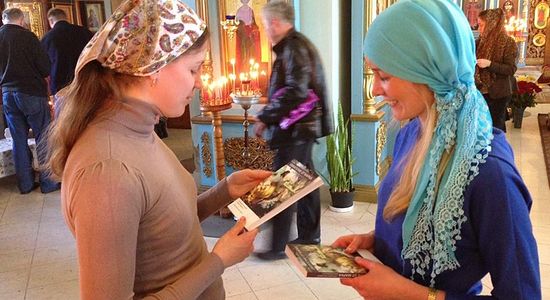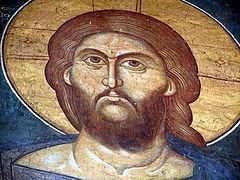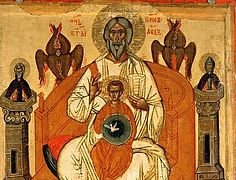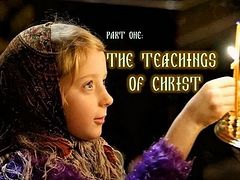Moscow, March 23, 2017
The Russian Orthodox educational program “Paschal Tidings” will be held this year on April 15, the eve of Holy Pascha.
During the campaign, 100,000 free copies of The Basics of Orthodox Christianity will be distributed on the territory of churches and monasteries throughout Russia, reports the campaign’s site. The book contains foundational information on the layout of churches, the Divine services, the Sacraments, fasting, and the role of the priest in the lives of believers, and will contain quotes from famous saints, including St. John of Kronstadt and St. Silouan, philosophers, and priests.
The book contains the following topics: “About the faith,” “Christ and Orthodoxy Christianity,” “The Church,” “Scripture and Tradition,” “Temples,” “Clergy,” “Prayer,” “Fasting,” “Feasts of the Orthodox Church,” “The Sacraments of Confession and Communion,” and “Life after Liturgy.”
“We have tried to cover the maximum number of dioceses,” the organizers told Interfax-Religion.
The event has been held with the participation of the Russian Church since 2011. More than 1.5 million copies of the Gospels and other Orthodox books have been distributed in that time.
Every year a portion of the copies are sent to prisons and hospitals, and distributed amongst military personnel.





